Diluted Bitumen Study: Expert Committee Holds First Meeting
An investigation begins this week as to whether spills of heavy oils pose a greater environmental threat than spills of other crude oils.
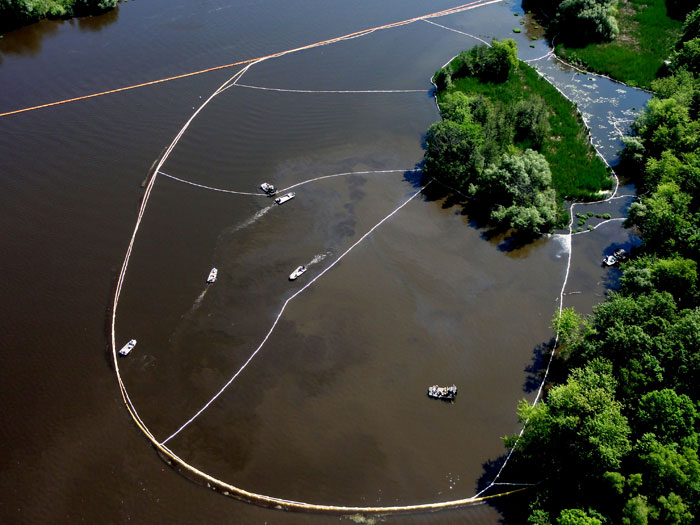
By Brett Walton
Circle of Blue
A committee of nationally recognized experts from academia and the private sector will meet for the first time on Wednesday to begin a study that has broad implications for how the United States manages the growing volumes of Canadian tar sands oil that are being shipped southward through U.S. territory.
Appointed by the National Research Council, an advisory group comprised of scientific and technical experts, the 11-member committee will address an issue of rising concern. The panel will compare the environmental consequences of spills of diluted bitumen to spills of conventional crude oils.
Bitumen is a heavy, viscous hydrocarbon that is mined from Alberta’s tar sands. The bitumen is diluted with lighter oils before shipment so that it will flow through pipelines. Production of heavy Canadian crude oil has climbed 70 percent since 2009, according to National Energy Board data. Nearly all of Canada’s oil exports go through the United States.
The committee’s findings, due by December 2015 at the earliest, will help guide U.S. regulations for pipeline safety, as well as for oil spill preparation, response, and clean-up.
The study is the second in a series of two National Research Council investigations into the transport of diluted bitumen, called dilbit for short. The council’s initial study, published in 2013, found that a pipeline carrying dilbit is no more likely to rupture than a pipeline carrying other crude oils.
The likelihood of a spill, however, is but half of the risk equation. The consequences of a spill are the second half, which is the purpose of the new study. The committee will not conduct original research. It will use existing studies and federal oil spill data.
The study is beneficial because it will provide an impartial assessment of diluted bitumen, according to Oliver Moghissi, a pipeline expert at DNV GL Columbus, an energy consulting firm.
“It will be good to have a report written by a group that isn’t tied to a preconceived agenda,” Moghissi wrote in an email to Circle of Blue.
Setting Boundaries
The meeting on Wednesday in Washington, D.C., will be open to the public. The committee will hear a summary of the 2013 dilbit study, as well as testimony from a half dozen federal agencies, including representatives from the Pipeline and Hazardous Materials Safety Administration, the study’s financial sponsor. The study was ordered by Congress as part of a pipeline safety law signed by President Obama in January 2012.
After the public presentations, the committee members will begin a closed session during which they will refine the ground rules for their investigation, according to Doug Friedman, the study director. They will identify areas of concerns and research questions.
–Oliver Moghissi, pipeline expert
DNV GL Columbus
“The environment is broadly defined in the study’s statement of task,” Friedman told Circle of Blue, noting that both offshore and inland spills in rivers and lakes could be considered. “The committee ultimately is responsible for parsing those definitions.”
As is standard practice for National Research Council panels, the composition of the committee is provisional until the members are confirmed after the first meeting, Friedman said. The committee chair is Diane McKnight, a professor of civil, environmental, and architectural engineering at the University of Colorado, Boulder. Her research focuses on how metals and organic material affect freshwater ecosystems. Other committee members have expertise in aquatic pollution, coastal ecosystems, pipeline operations, and the dynamics of oil spills.
Moghissi, who briefed the first dilbit study committee about preventing corrosion in pipelines, said the current committee would benefit from more industry representatives, for their practical experience.
Brett writes about agriculture, energy, infrastructure, and the politics and economics of water in the United States. He also writes the Federal Water Tap, Circle of Blue’s weekly digest of U.S. government water news. He is the winner of two Society of Environmental Journalists reporting awards, one of the top honors in American environmental journalism: first place for explanatory reporting for a series on septic system pollution in the United States(2016) and third place for beat reporting in a small market (2014). He received the Sierra Club’s Distinguished Service Award in 2018. Brett lives in Seattle, where he hikes the mountains and bakes pies. Contact Brett Walton

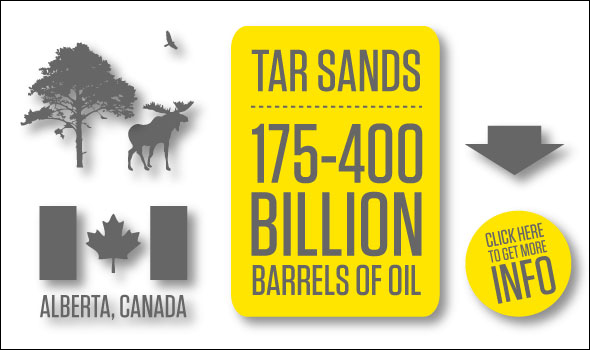

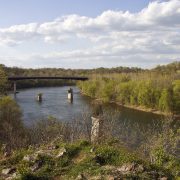

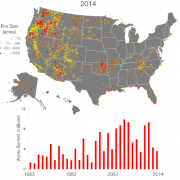
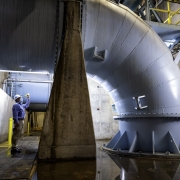





Leave a Reply
Want to join the discussion?Feel free to contribute!